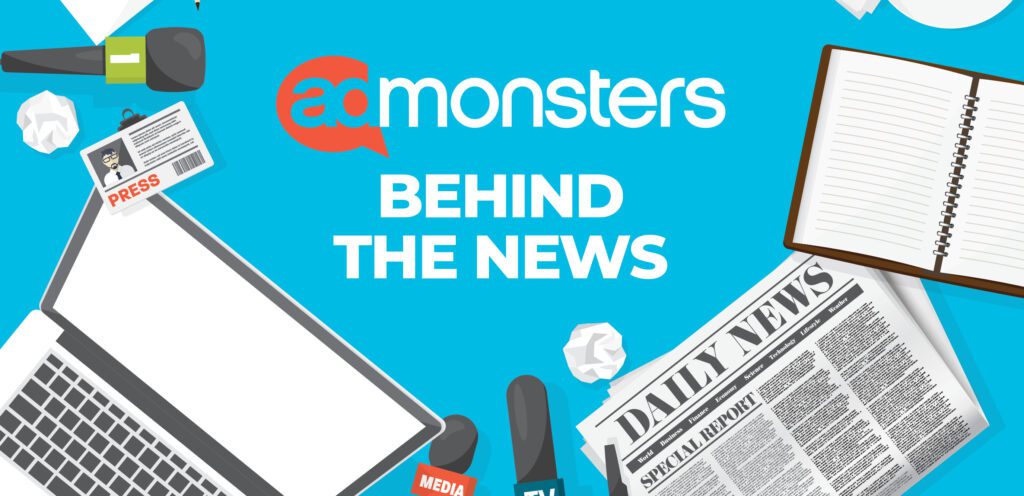
Drake’s lawsuit against UMG and Spotify exposes alleged bot-driven manipulation, preferential deals, and algorithmic bias, raising critical questions about transparency and fairness.
In a surprising turn of events for hip-hop battles, Drake has filed a lawsuit against Universal Music Group (UMG) and Spotify, alleging a complex scheme to artificially boost the popularity of Kendrick Lamar’s diss track “Not Like Us.”
If you ever took a peek into the brain rot that is online stan wars, you’ve heard of accusations like this before.
Legions of fanbases accuse record labels of using payola if another music artist outsells their favorite artists. It’s become a standard callout online. But to see it brought up in a legal filing after one of the most historic hip-hop beefs in music is a curveball only 2024 can throw at us.
This legal action sheds light on potential malpractices within the music industry and draws striking parallels to ongoing issues in ad tech. The lawsuit raises critical questions about transparency, accountability, and the integrity of metrics foundational to music streaming and digital advertising.
The Allegations: Bot Manipulation, Preferential Pricing, and Pay-for-Play Schemes
At the core of Drake’s allegations is that UMG employed bots to inflate streaming numbers for Lamar’s track. The legal filing claims that UMG, through Interscope Records, paid third parties to utilize software programs designed to boost the song’s popularity, thereby deceiving consumers about its actual reach.
This practice strikingly resembles click fraud in digital advertising, where bots can inflate click-through rates and skew campaign metrics. Just as advertisers rely on accurate data to gauge the effectiveness of their campaigns, artists depend on genuine streaming numbers to assess their popularity, marketability and stream of income.
Beyond the bot allegations, Drake’s legal team further asserts that UMG offered Spotify significantly reduced licensing fees—approximately 30% lower—in exchange for preferential treatment of Lamar’s track. This alleged arrangement resulted in Spotify recommending “Not Like Us” to users searching for unrelated content, potentially misleading listeners and artificially boosting the song’s visibility.
Similarly to programmatic advertising deals and preferred inventory access, certain advertisers might receive favorable placement or pricing in exchange for larger commitments. Such practices can distort competition and create an uneven playing field for artists and advertisers.
Additionally, Drake’s legal action points to alleged payola-like practices, with claims that UMG paid radio promoters to increase airplay for “Not Like Us.” Artists and consumers have had longstanding concerns in the music industry about pay-for-play arrangements that can skew public perception of an artist’s popularity.
From Fake Streams to Biased Ads: Tackling Manipulation in Digital Ecosystems
The allegations in Drake’s lawsuit highlight the critical importance of accurate metrics in music streaming and digital advertising.
The challenge of detecting fraudulent activity—whether it’s inflated stream counts or fake ad clicks—remains a significant concern for both industries. There needs to be robust verification systems and transparent reporting mechanisms to ensure the integrity of performance metrics. Artists and advertisers risk making misguided decisions based on manipulated information without reliable data.
Moreover, the lawsuit hones in on the immense power wielded by major platforms like Spotify and UMG in content distribution. This concentration of influence raises questions about market dynamics and fair competition.
Similarly, in ad tech, the dominance of walled gardens like Google and Facebook has long been a point of contention, with calls for greater transparency and equitable access to data and inventory. As these platforms continue to shape consumer experiences, they must operate with integrity to maintain user trust.
While not explicitly mentioned in the lawsuit, the alleged manipulation of recommendation algorithms and cross-platform promotion raises concerns about data usage and user tracking. In both music streaming and digital advertising, the collection and application of user data for targeted promotion or ad targeting continue to be hot-button issues, with a growing emphasis on privacy protection and ethical data practices.
Drake’s claims about manipulated recommendations on Spotify and Apple’s Siri shed light on the risks of algorithmic bias and potential manipulation. This issue resonates strongly in ad tech, where concerns about biased ad targeting algorithms and the opacity of content recommendation systems have been ongoing topics of discussion and research. Ensuring fairness in algorithmic processes is essential for maintaining consumer trust and fostering a competitive environment where all players have an equal opportunity to succeed.
A Catalyst for Industry-Wide Accountability and Reform
If proven true, Drake’s lawsuit against UMG and Spotify could have far-reaching implications for both the music industry and digital platforms at large. For the ad tech industry, this case is a stark reminder of ongoing challenges in ensuring transparency, accurate measurement, and fair practices within digital ecosystems.
As legal proceedings unfold, they may spark renewed discussions or lead to stricter regulations or industry-wide reforms in both sectors. The outcome of this high-profile case could set important precedents for how digital platforms, content creators, and advertisers interact within digital media.